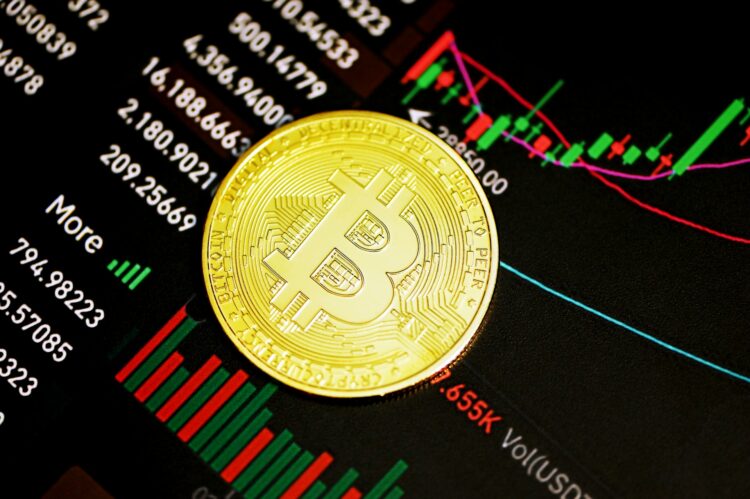Bitcoin (BTC) recently faced a dramatic downturn in South Korean exchanges as the nation grapples with a burgeoning political crisis. An announcement from the South Korean President triggered a swift sell-off of the premier cryptocurrency and other digital assets, leading to a staggering 30% price plunge.
South Korea’s First Martial Law Declaration in 44 Years
In an unprecedented move on Tuesday night, South Korean President Yoon Suk Yeol declared an “emergency martial law,” marking the first such announcement in 44 years. This declaration sent ripples of panic through the nation, igniting a massive sell-off of Bitcoin and other cryptocurrencies.
The Korean JoongAng Daily elucidates that martial law effectively replaces the civilian government with military rule, suspending civilian legal processes in favor of military authority. It facilitates measures such as “restricting freedom of speech, publication, assembly, and association,” alongside special modifications to governmental and judicial powers, as well as alterations to the warrant system under related laws.
However, the president is obligated to lift martial law if the parliament, with a majority consensus, requests its termination. In a televised briefing, President Yoon explained that the measure was necessary to “eradicate pro-North Korean forces and safeguard the constitutional democratic order.” He accused the opposition of sympathizing with North Korea and engaging in anti-state activities.
Interestingly, the opposition Democratic Party, which holds a majority in the South Korean parliament, has seemingly complicated President Yoon’s efforts to advance his agenda. During his statement, the president refrained from specifying concrete measures but highlighted the opposition’s motion to impeach top prosecutors and their rejection of the government’s budget proposal.
“Through this martial law, I will rebuild and protect the free Republic of Korea, which is falling into the depths of national ruin. I will eliminate anti-state forces as quickly as possible and normalize the country,” stated President Yoon.
Democratic Party leader Lee Jae-Myung announced plans to nullify President Yoon’s order but expressed concerns about potential military actions against parliament members.
Bitcoin and XRP Experience Negative Kimchi Premium
The announcement had an immediate and profound impact on the cryptocurrency market. Bitcoin, in particular, experienced a steep correction against its South Korean Won (KRW) pair on local exchanges, plummeting 27% on Upbit, Korea’s largest crypto platform. The cryptocurrency’s value nosedived from 132 million KRW (approximately $92,000) to as low as 88.26 million KRW (around $62,000). However, it has since rebounded, trading once again above pre-crash levels.
Globally, Bitcoin’s price also saw a decline, momentarily falling below the $94,000 support level before recovering to the $95,000-$96,000 range on platforms such as Binance, ByBit, and OKX. Similarly, XRP witnessed a substantial price retracement, dropping 60% from 4,000 KRW to a low of 1,623 KRW (about $1.23). The cryptocurrency has since recovered, trading at 3,600 KRW ($2.52).
Understanding the Negative Kimchi Premium
According to Wu Blockchain, the negative “Kimchi Premium” is attributed to the lack of institutional market makers on Korean exchanges. This absence, coupled with excessive traffic, resulted in price discrepancies that could not be synchronized in a short period.
In a turn of events, recent reports revealed that the South Korean Parliament successfully voted to nullify the martial law, concluding it within a mere three hours. As of this writing, Bitcoin is trading at 133.2 million KRW on Upbit, reflecting a swift recovery.
Conclusion: The recent political upheaval in South Korea underscores the intricate interplay between politics and the cryptocurrency market. While the martial law declaration initially wreaked havoc on Bitcoin and other digital assets, the swift parliamentary intervention and subsequent market recovery highlight the dynamic nature of crypto trading.











